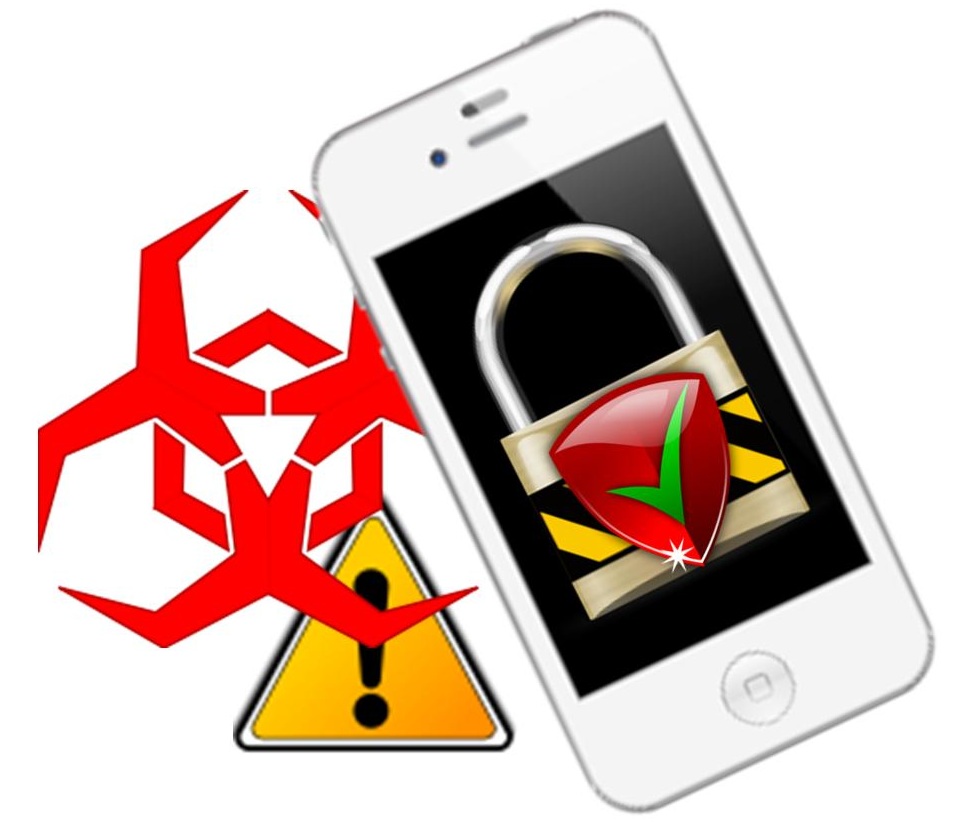The majority of companies have not fully implemented a policy for the use of wireless devices.
According to the results of a study that have recently been released, only 14 percent of companies have put a fully developed mobile security policy into place for their computer networks.
At the same time, the number of threats and incidents within that environment are rapidly rising.
Furthermore, the study also discovered that the majority of the companies that do not have mobile security policies in place also have no intention of limiting the use of personal smartphones and tablets for work-related purposes. The research in question was the Global Corporate IT Security Risks 2013 study From B2B International, which was conducted among businesses worldwide, this spring, in collaboration with Kaspersky Lab.
B2B International’s statement about the mobile security study was that many companies had experienced data leaks.
 It revealed that among the respondents of the survey by B2B International, 6 percent of the companies had experienced a mobile security data leakage of confidential information at least once within the previous 12 months. Though this may represent an increase of only 1 percent over the figures from 2012, the attacks on smartphones and tablets led to a larger number of critical data leaks than any of employee fraud (at 4 percent), phishing attacks (at 5 percent) or corporate espionage (at 3 percent).
It revealed that among the respondents of the survey by B2B International, 6 percent of the companies had experienced a mobile security data leakage of confidential information at least once within the previous 12 months. Though this may represent an increase of only 1 percent over the figures from 2012, the attacks on smartphones and tablets led to a larger number of critical data leaks than any of employee fraud (at 4 percent), phishing attacks (at 5 percent) or corporate espionage (at 3 percent).
According to the release regarding the study’s results, “The reason is obvious; more mobile devices – smartphones and tablets – are being used at work on a daily basis. These devices are also often owned by the employees themselves, and so are used for personal as well as business purposes.”
It also pointed out that while the ability to add both corporate and personal data (such as apps and contact lists) on a single device is highly convenient, it also means that there is a considerably higher mobile security risk to the business. Almost 65 percent of the participants in the survey admitted that they allowed their workers to bring their own devices (also known as bring your own device – BYOD – where workers use their own personal smartphones and tablets for work purposes). This is clearly a growing threat to corporate IT infrastructure security when the fact that no protection policies have been put in place.

 They explained that this helps with mobile security integration in order to complement auditing and provisioning capabilities. According to the Zscaler CEO and founder, Jay Chaudhry, “Security appliances have become irrelevant in securing mobile users since mobile traffic and cloud applications often bypass appliances completely.”
They explained that this helps with mobile security integration in order to complement auditing and provisioning capabilities. According to the Zscaler CEO and founder, Jay Chaudhry, “Security appliances have become irrelevant in securing mobile users since mobile traffic and cloud applications often bypass appliances completely.”